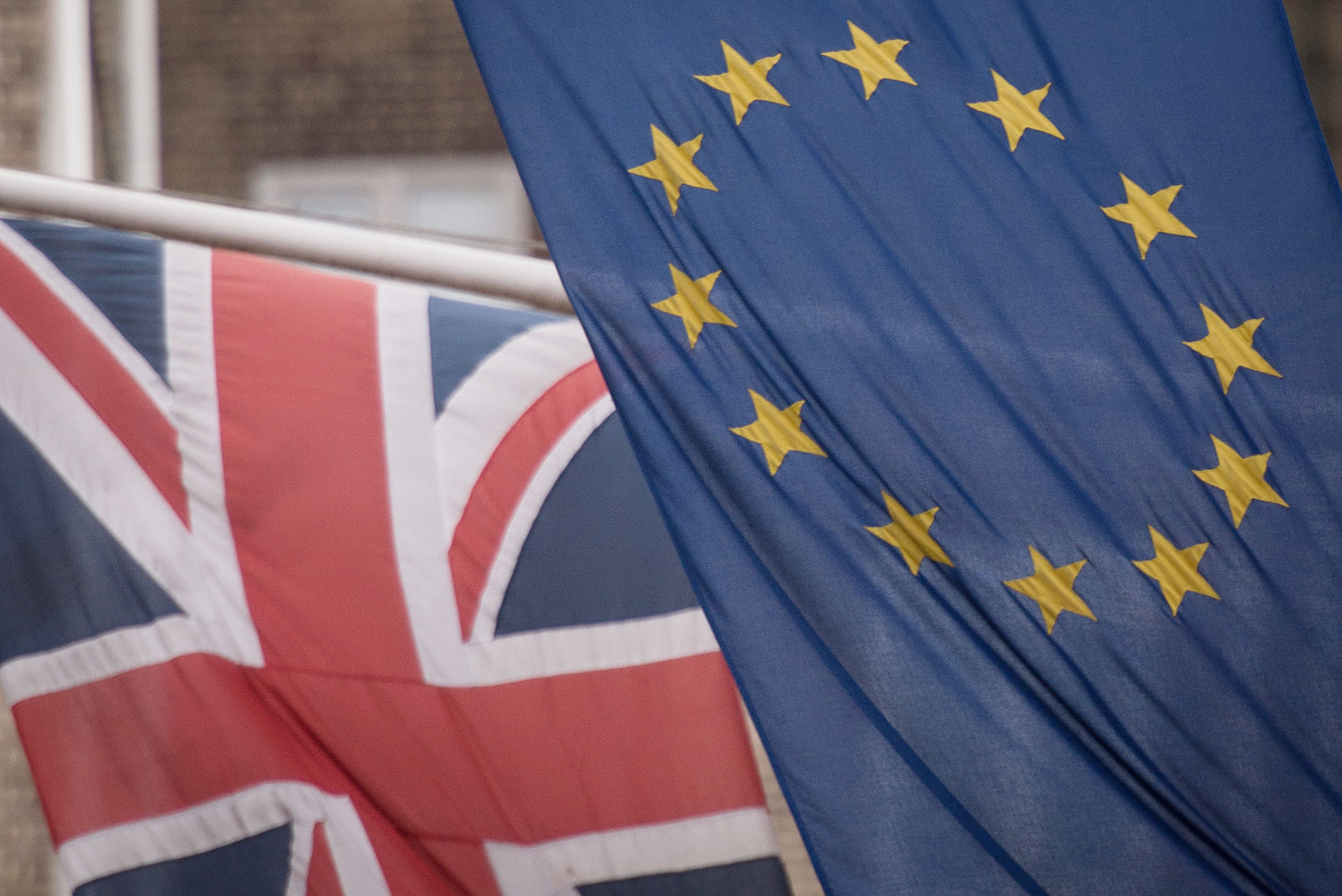
FOOD retailers face a mammoth £9.3 billion cost in the event of a no-deal Brexit, new research suggests.
According to Barclays Corporate Banking, higher tariffs and customs costs could hit supermarkets and their supply chains hard if Britain crashes out of the EU without a deal.
The report also warned that shoppers would take on some of the extra cost in the price of their groceries.
Without a deal, Barclays said that food and drink from the EU would be slapped with an additional 27% tariff under World Trade Organisation (WTO) rules, compared to between 3% and 4% on non-food items.
“Some products would avoid tariffs, even in a no-deal scenario, but for most goods the effect of an increased tariff burden would be extremely damaging, and cheaper goods would be the hardest hit,” said Ian Gilmartin, head of retail at Barclays Corporate Banking.
“71% of our imported food and drink comes from the EU, and 60% of our exports go to the EU. A positive agreement on trade is essential if we are to protect UK exporters and avoid significant price rises for UK consumers.”
Processed food and drink products, such as orange juice, would attract some of the EU’s highest tariff rates of 31%, compared to 29.5% for semi-processed food and drink such as white sugar, and 9.7% for primary products and raw materials like bananas.
On top of tariffs, specific duties levied on some products would drastically increase the price of meat, olive oil, and wine. Frozen beef could even face a specific duty of 298%.
Leaders in the food and drink industry have previously raised concerns that without a free trade deal, supply chains could be disrupted after Brexit.
David Tyler, the outgoing chairman of Sainsbury’s, expressed similar concerns to the Barclays report in 2017, warning that tariffs could push up the price of a weekly shop.
But JD Wetherspoon founder and prominent Brexit supporter Tim Martin has argued that the UK could waive or lower import tariffs to make products cheaper, following the likes of Singapore.
Fears are also growing that extra border controls could cause major delays. Brexit secretary Dominic Raab admitted in July that the Government was making plans to secure food supply in a no-deal scenario.

Enjoy the convenience of having The Sunday Post delivered as a digital ePaper straight to your smartphone, tablet or computer.
Subscribe for only £5.49 a month and enjoy all the benefits of the printed paper as a digital replica.
Subscribe